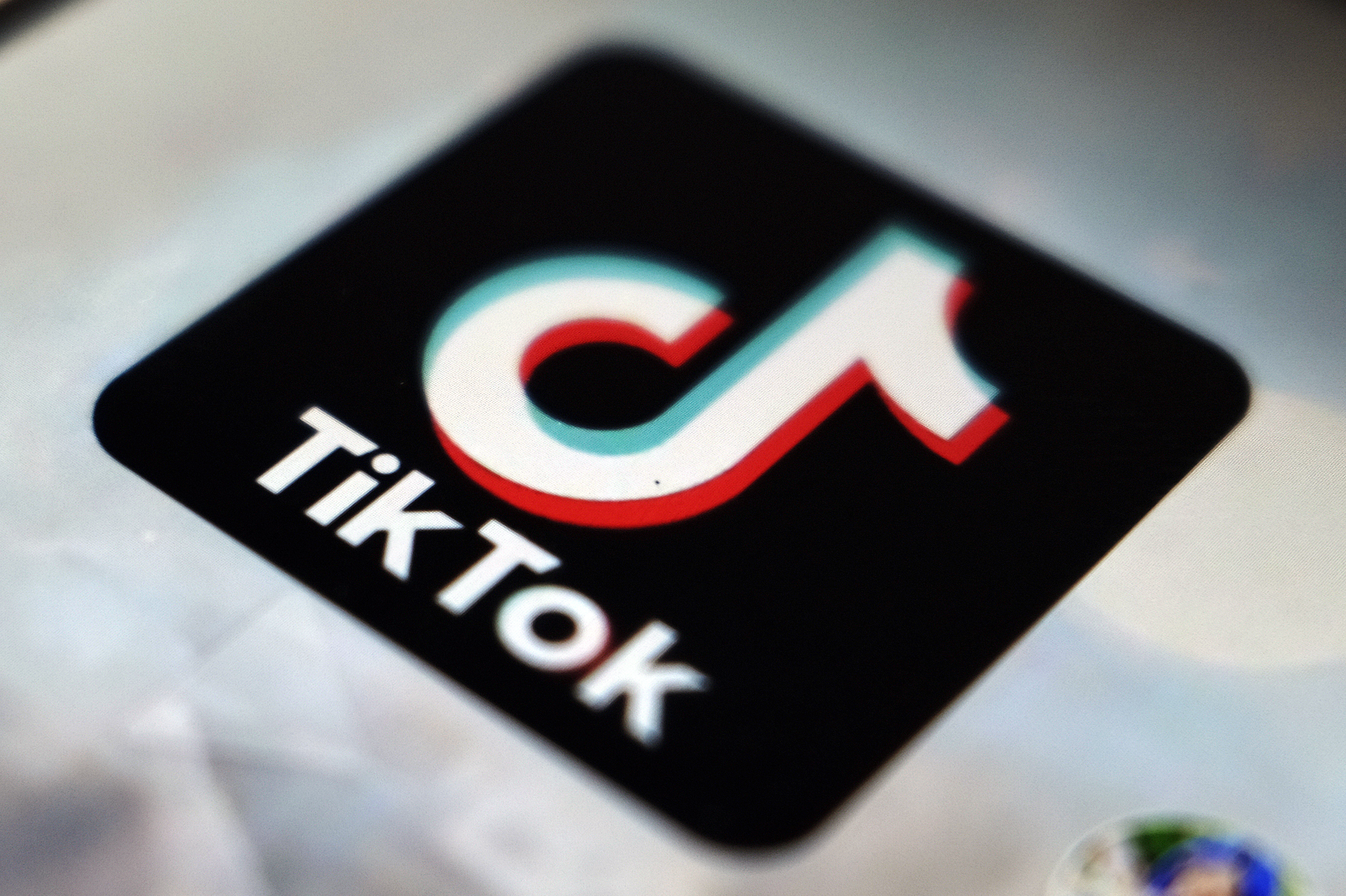
A view of the TikTok app logo, in Tokyo, Sept. 28, 2020.
Kiichiro Sato / AP
Montana has become the first state to ban the popular social media app TikTok.
Gov. Greg Gianforte signed Senate Bill 419 on Wednesday, saying he wants to protect the state's residents' private information from being compromised. He pointed to the Chinese government as a potential threat.
"The Chinese Communist Party using TikTok to spy on Americans, violate their privacy, and collect their personal, private, and sensitive information is well-documented," Gov. Gianforte said.
There is no direct evidence that the Chinese government has ever accessed TikTok user data. However, TikTok's critics point to laws in China that allow the government access to a company's customer records.
According to the measure in Montana, platforms that offer the app on their marketplaces, such as the Google Play Store and the Apple App Store, will be subjected to fines up to $10,000 a day for violations.
The ban will take effect Jan. 1, 2024. It is expected that TikTok will challenge the bill in federal court. It and groups such as the American Civil Liberties Union have said the ban is unconstitutional.
Last December, Gianforte banned TikTok on state government electronic devices. On Wednesday, he added that the ban would expand to include "all social media applications that collect and provide users' personal information or data to a foreign adversary, or a person or entity located within a country designated as a foreign adversary."
President Biden signed legislation banning the app from government devices last December, and has been considering an all-out ban if TikTok's parent company ByteDance, cannot find an American buyer. The U.S. and its "Five Eyes" security partners — Australia, Canada, New Zealand and the United Kingdom — ban TikTok from federal government devices, citing national security concerns.
Copyright 2023 NPR. To see more, visit https://www.npr.org.